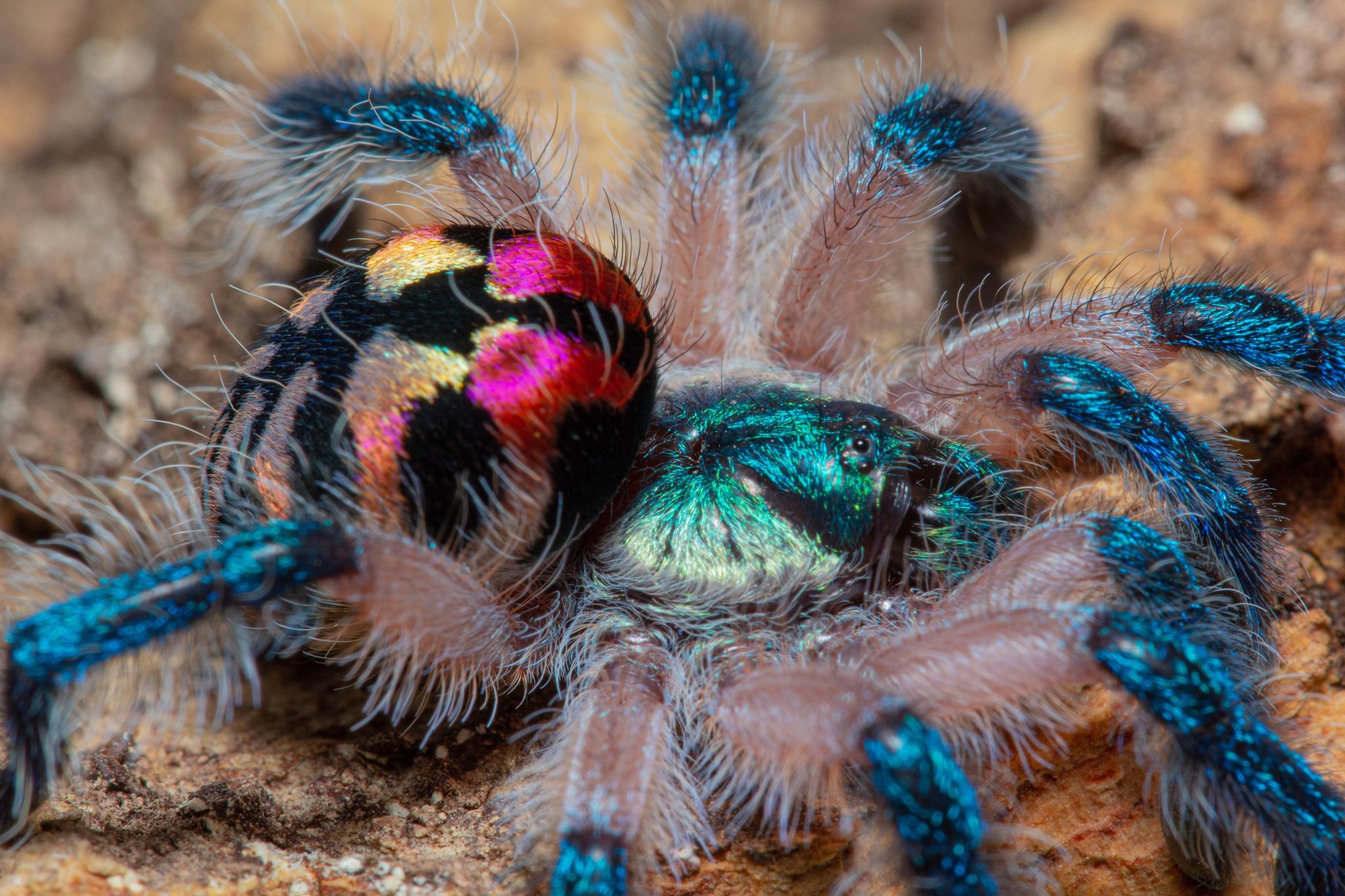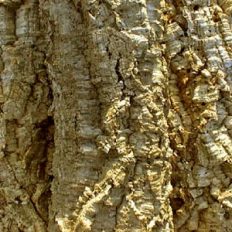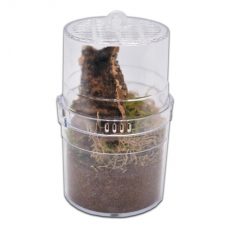Typhochlaena seladonia + Setup
Brazilian Jewel (1cm)
TSS Tip
A lot of the trick to this species are getting them setup correctly from the start, this kit will do a lot of that work for you,
What It Says On The Box:
Care Sheet thanks to GUDNY MARGRET
Habitat: Found in Bahia and Sergipe, Brazil, specifically the Atlantic Rainforest. They hide out in the bark of trees, creating trapdoors
Enclosure: The enclosure should be taller than it is wide, with plenty of materials to climb on. Its important to match the enclosure to the natural habitat of this tarantula. Two inches of substrate should line the floor, and water should always be available. The enclosure should have good airflow.
Enclosure Decorations: As stated, the inside of the enclosure needs to allow for the creation of Typhochlaena seladonia trapdoors. This is largely done with the inclusion of a large cork bark hide that fills up a good portion of the enclosure.
Choose a hide that has lots of natural holes and divots that the tarantula can hide in. As most hides won’t be able to be stripped apart like tree trunks, you should also provide some sphagnum moss and shaved cork bark at the base of the vertical hide. Typhochlaena seladonia will be able to take these scraps and use their webbing to fashion it into a functional trapdoor.
Substrate: Use one inch (2.54cm) of substrate in vial/dely cup for spiderlings, and two inches (5.07cm) in a terrarium for sub-adult to adult. (I use a mixture of peat moss, vermiculite, coconut fiber and dirt for firmness, as the substrate).
Temp/Humidity: 78°F to 82°F with about 75% to 85% humidity.
Food Consumption: Due to its size, it doesnt eat a lot. Its given flightless fruit flies as it grows, and then eats pinhead or small crickets about twice per week.
Temperament: Quite a docile tarantula. Relatively inactive as it sits within its trapdoor waiting for prey. Rarely flicks hairs and virtually never bites. Growth Rate Medium-to-fast growth rate. Their adult size is very small, so they reach this size quite fast.
Adult Size: Females reach a legspan of about 2.5″, with males often only measuring slightly under 2″.



